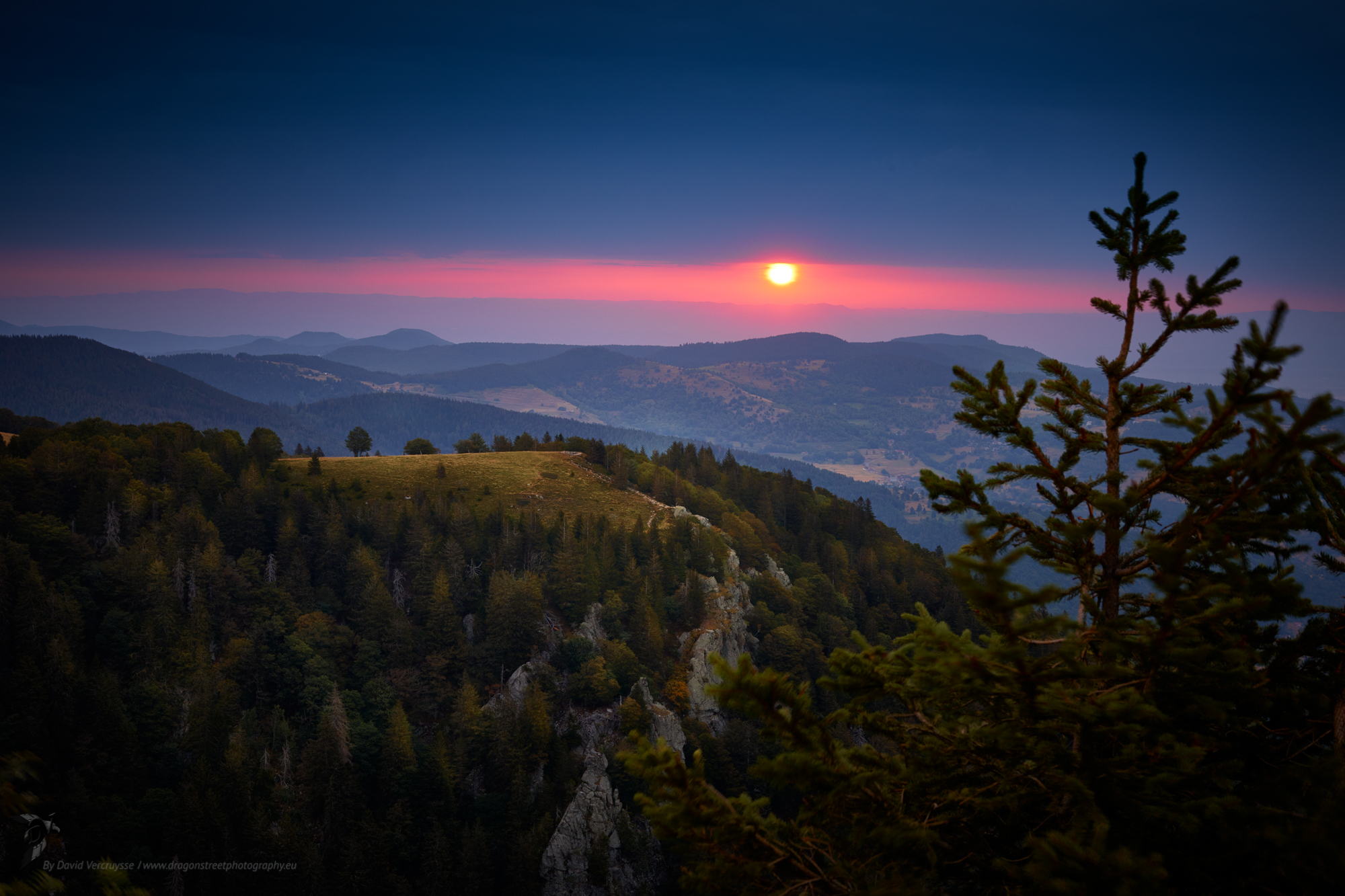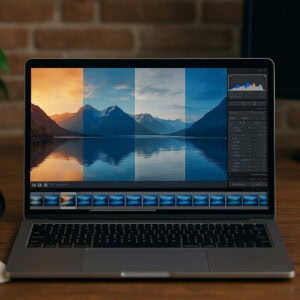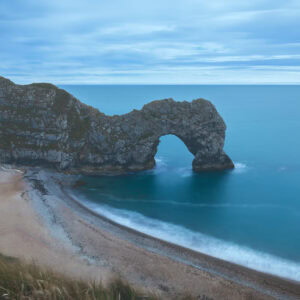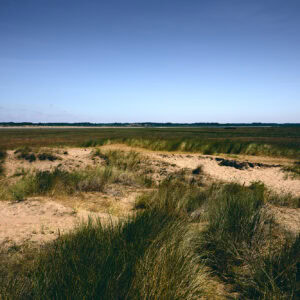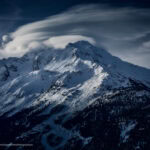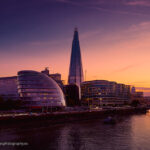When you're starting out in an activity (whether for pleasure or professionally), it's the mistakes that forge your professionalism. It's sometimes useful to take stock, to see how far we've come, to appreciate what has been a success, and not to forget the mistakes. (That's artistic or professional maturity! 😊).
Even better would be to share your mistakes so that others can benefit from them. That's what I'm proposing to you today in this article, to share my mistakes, which in the end are commonplace among photographers.
Mistake 1: Buying more and more equipment!
Nothing surprising here. Many photographers have an artistic side as well as a more or less geeky side! And often a tendency to associate artistic possibilities with hardware capabilities. Having said that, it's partly true. And here we are, slowly slipping into the idea of buying equipment according to our artistic tendencies of the moment. A new reflector, a new light, a new lens, a little marketing and we're techno-victims 😰 . And then only use it for a certain length of time before storing it somewhere in the house, or even the garage!
Why not? For a whole host of reasons: the product is impractical to use in the field, it's heavy, there's already a lot of equipment to carry around without it, you don't necessarily take the time to use it because you need it for 5 or 10 minutes and you want to get straight to the point...
In short, I think we've all been there, haven't we? And that's the last straw, We even tend not to get rid of it, thinking that all we have to do is sell it, only to regret it and need it again. 😅
What's more, the last thing we want to do is spend too much on photographic equipment, especially if photography is a hobby. The solution would be to determine our real needs, which is not so easy.
For example, if you want to shoot portraits with beautiful bokeh and special lightingTry using home-made reflectors, play with distances, focal lengths, etc. Try out some tips from the Internet or YouTube. Then, if you realise that you're persisting in this niche, that you regularly find yourself needing specific lighting, etc., you'll realise that you've gradually narrowed down your technical choices, naturally filtering out exactly what you need.
An alternative solution before making a major purchase, if you are still hesitating, is to rent (for example for a camera, a lens, etc.).
In fact, over time, keeping your equipment to a minimum will be far more beneficial than you might imagine.
With a small amount of equipment, you can push back your creative limits by getting your brain to work, getting to know and make the most of what you already have, going beyond a so-called limit imposed by your creative limits, without getting bogged down in technical trials that distract us from the real objective: artistic evolution and progress 😍.
Mistake 2: Not checking the focus
Checking your images in the field
Have you ever been out in the field and taken a photo that looked great on the back of your camera? Only to discover that it was out of focus when you viewed it on your computer? The screen on your camera only allows you to check focus by zooming in as far as you can, otherwise it's very easy to miss out blurred images.
In fact, it's happened to me on several occasions 😰 !All cameras offer the option of zooming your images onto the screen and previewing your captures. You need to know how to take a few moments to have a look at the photos, and avoid disappointment when you get back.
How to ensure good focus in the field:
Use collimator highlighting and/or beeps or focus peaking The collimators will become coloured on the focus areas, and some cameras may also emit a beep.
As a general rule, zoom in before focusing. Lost cameras allow you to zoom in on an area and then focus.
Also, don't hesitate to take out your tripod to photograph anything that's not moving. It will be much easier and much more stable, you'll be able to take your time, and depending on the light you'll be able to reduce the shutter speed without fear. This will make it easier to focus on the subject.
Once again, as I said above, Test yourself and experiment with your camera's focusing modes here. Test the different settings. Try different settings for subjects moving towards or away from you, subjects moving from right to left and, finally, totally erratic movements (such as animals or sportspeople on a pitch).
Mistake 3: Packing too much gear!
If, like me, you're an outdoor photographer (nature, travel, landscapes), you've got your bag on your back every time you go out, and if you've been in the world of photography for a while, you'll want to take your camera with you, You've probably realised that every manufacturer in the industry is always trying to make something smaller, lighter and more compact. This is also one of the reasons for the current trend towards hybrid cameras.
With time and experience, you end up using less and less equipment.. Instead of taking 3 lenses to make sure I don't miss anything (wide-angle, zoom, macro), I now only take one trans-standard and a second if I want to expand my 'macro or landscape' gallery, or rather depending on where I am. In the mountains, I like to take my tele-zoom, in the forest the macro.
That said, weight has never been too much of a concern for me (I'm pretty sturdy 😋 ), but being lighter means you're still more comfortable and freer to shoot. You can also set off and walk further and for longer. Sometimes it's not so bad... and you get to enjoy nature more!
So.., Limiting your equipment can give you the opportunity to take beautiful photos in unexpected ways. You'll have more freedom of movement, and it'll be easier to climb, gain height, get to difficult places and make better compositions, or crouch, take low positions and create depth for wide landscapes, etc.
The same goes for travel. Do your research to find out what equipment you really need. Don't be afraid of missing out, be creative, there's always another way.
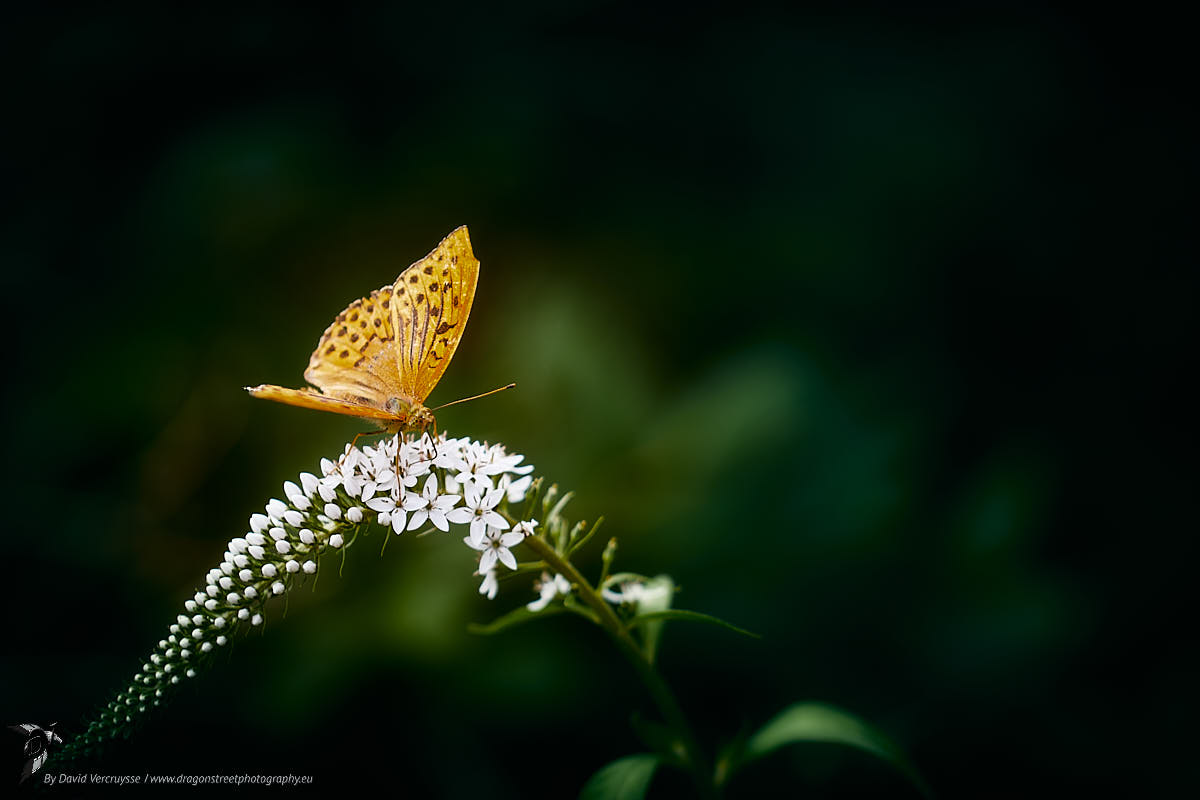
Mistake 4: Betting everything on post-production
If you're a digital camera user like me, you need to shoot in raw, catalogue and edit your photos in post-processing software. Possibly retouch them in Photoshop to make a few improvements, clean them up, change the sky, etc. After all, we are artists. But as all the more experienced photographers have told me, "don't expect to do and correct everything in post-processing".
(Read my articles on post-production)
That's right, even if almost everything is technically possible and achievable with Photoshop, not only do you have to be an expert (you have to practise every day for years) but this is extremely time-consuming ! Most of the time, as a photographer, it's quicker to take another photo 😁 !
So when you're shooting, if something needs to be corrected, do it on the spot and don't say to yourself "I'll do that in Photoshop". It could be something that's easy to remove by placing it outside your shot.
Before you press the shutter release, take the time to analyse the terrain (as with composition). You'll be happier when you edit your photos, and processing and retouching will be all the smoother for it.
Mistake 5: Not limiting yourself
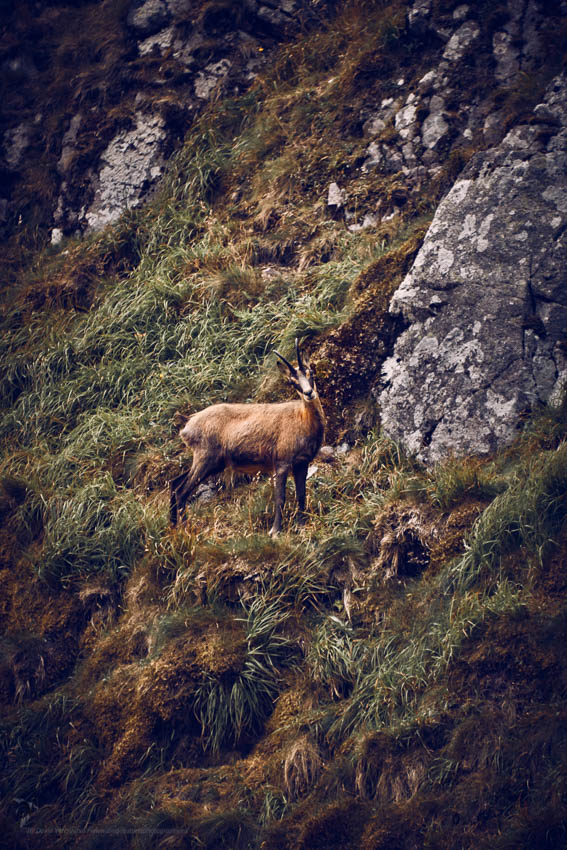
Since the advent of digital photography, many limits have been pushed back. The fact that we no longer have film means that we can take as many photos as a memory card can hold. So why not experiment again and again? Try every composition you can think of! Fewer technical limits give us the opportunity to open up and expand our artistic boundaries, so let's make the most of it!
Experiment and don't tell yourself, " it's not normally like this "etc. Experiment and experiment until something catches your eye! Your photographic art will develop, especially your style, and you'll enjoy doing it more and more. You'll be building your identity as an artist.
Don't hesitate to look around at other photographers, get inspired, sort out what you like and don't like and add to your baggage. It's also about learning and evolving.
Mistake 6: Not having your equipment ready at all times
I should add within reach. This is a mistake I always make. It's always ready, yes 😅 but not always to hand. But I'm taking care of myself and it's getting better!
With the camera ready at hand, you can respond to an occasion or a spontaneous inspiration. And simply to practise regularly, even if it's only for a few minutes and you end up throwing the photos away. But at least you're conditioning and training your brain to analyse, to look, to technique and to creativity.
Because even professional photographers don't shoot every day. There are also long periods of preparation, post-production, management, travel and so on. If you don't practise enough, you stop making progress, and that's when boredom sets in and you go back to mistake 1, for example, changing your equipment...
At the end of the day, nothing is linear, you move forward and evolve step by step. We question ourselves, take a step back, take stock and move on. And we each progress along our own path. Isn't that the most important thing? Enjoying the journey while working towards your goals.
These are the 6 mistakes I wanted to share with you. I'll probably be adding more in the future!
You can get away from it all by visiting my galleries,
Photographically yours,
David

